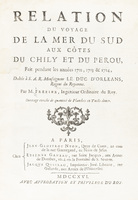-
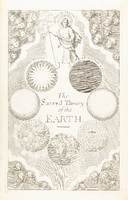
Thomas Burnet, in Sacred Theory of the Earth (1680-1689), coined the phrase “Theory of the Earth”, although his was “Sacred” and not the first attempt to deduce the workings of the Earth from physical principals. Burnet’s theory was biblically based, but decidedly not literal, and contained elements that would later be expanded upon by future savants. Notably, Burnet proposed a finite Earth that had both a beginning and end, and experienced successive Epochs or revolutions (shown on the frontispiece of the volume), which implies a degree of directionality to this particular theory of the Earth. Although religious in terms of ultimate causes for the origin of the Earth, Burnet stressed the importance of considering only natural processes in deducing Earth’s past and future state.
-
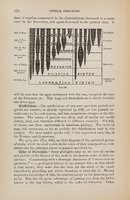
Despite the significant progress in unraveling Earth’s history, geologists of the late 19th century were no closer to placing absolute ages on any of the well delineated segments of geologic time than savants of a century earlier. The pages shown here from Joesph LeConte’s widely read and popular textbook Elements of Geology (1879) illustrates this contrast. The detailed or “ideal” column on the right shows the well-defined geologic timescale, with its delineated segments of Earth’s history, which are not that dissimilar to the ones used by geologists today. The column is floating in time, however; and LeConte remarks on this same page on the near impossibility of trying to imagine the lengths of time represented here. In a manner similar to Hutton, LeConte notes that the lowest portion of Earth history, the “Archean,” represents “an infinite abyss of the unrecorded” and that trying to piece together the age of the Archean “hardly belongs strictly to geology, but rather to cosmic philosophy.”
-
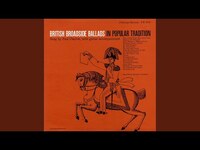
-
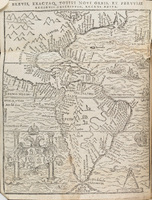
-
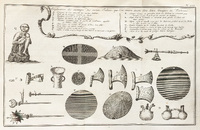
-
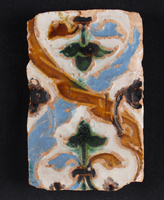
-
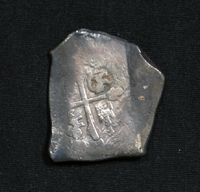
-

-
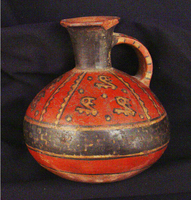
-
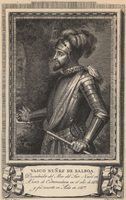
-
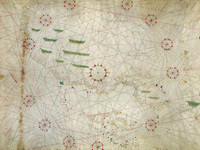
-
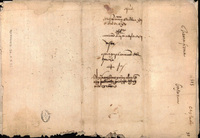
-
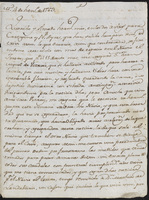
In this letter Diego José notifies Lara of the things he is sending with Mathias de Landaburu in El Torero. He also copies part of a letter from Landaburu, so Lara can collect money from certain investments. Diego José has not been feeling well lately but still has taken care of Lara’s affairs. Diego has assigned a new administrator in Amusco since the last one passed away, and he comments on the legal problems Lara has with the Duke of Arcos. He also shares the latest news about the Count of Superunda and the trial to judge the generals who were at the siege of La Havana. Diego José has been running errands to obtain privileges for Lara’s brother. He also comments on the loss of the corregimiento of Cangallo that he wanted for Juan Bautista but he hopes Arriaga will compensate him with another corregimiento for his brother. Finally, Diego José thinks Arriaga is in trouble and he might not continue in the Ministry of Indies.
-
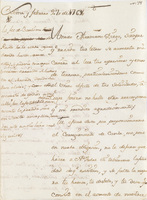
In this letter Pedro tells Diego José about his brothers’ and sisters’ activities. He provides information about some errands he had to run and mentions he is sending their siblings’ birth certificates except for Rosita’s that he is still looking for. He is also sending their great grandfather’s will for Diego to take notice of some details of the mayorazgo he has inherited. Pedro mentions a rebellion in Apongo his brother Juan has had to deal with. He is thankful to Diego José for trying to obtain a corregimiento in Canta for him. Finally, Pedro mentions a past disagreement between his brother Fernando and Diego José but he hopes they can be in good terms again soon.
-
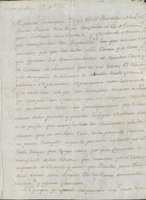
In this letter Pedro confirms receiving a letter from Diego through the ship El Aguila, and makes remarks about the contents of it. Pedro takes issue with Diego’s disappointment and reaction related to some business dealing with a house. Pedro also reacts to Diego’s lawsuit against their deceased aunt and a brother, as a legal mechanism to claim ownership of her estate as an inheritance.
-
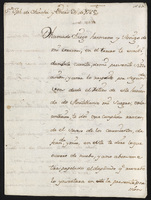
In this letter Pedro shares news about his recent marriage to one of the daughters of the Count of Monteblanco, Pepita. His brother Fernando married Pepita’s sister, and they are living in the countryside. Pedro is planning to produce sugar in the Hacienda Guaito. He mentions he has been reading Father Labat's books to learn about sugar production, and asks Diego for more books in case he can find them.
-
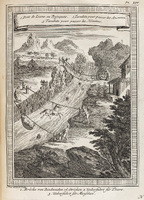
-
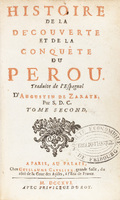
-
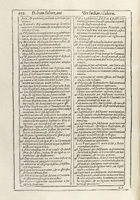
-
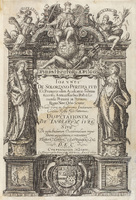
-
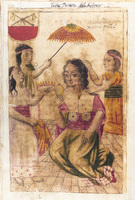
-
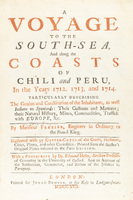
-
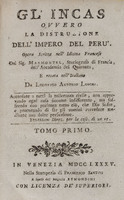
-
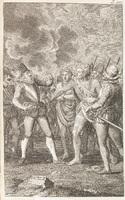
-
